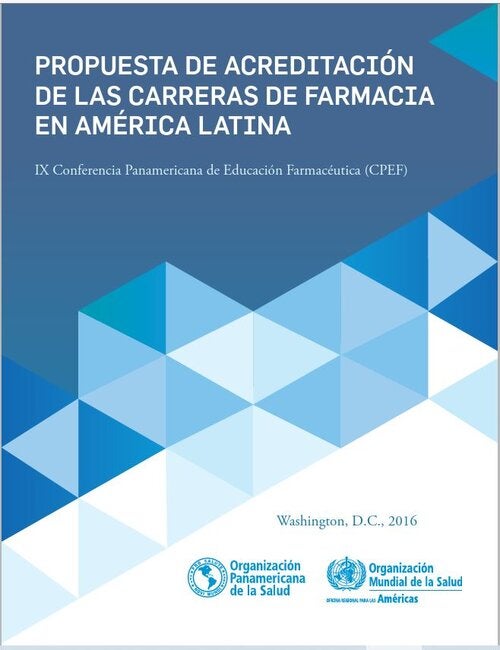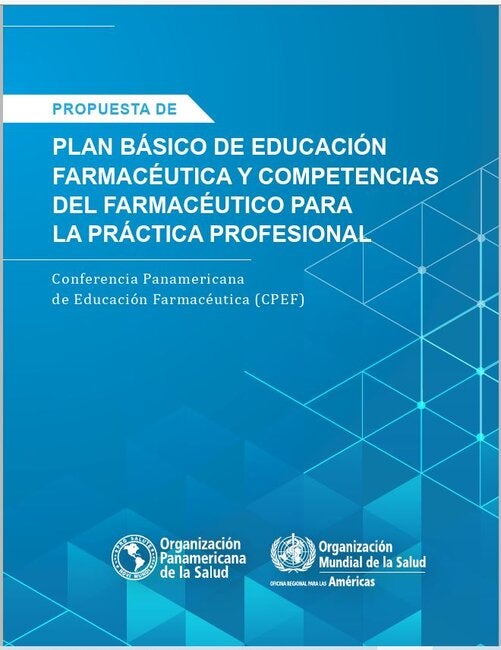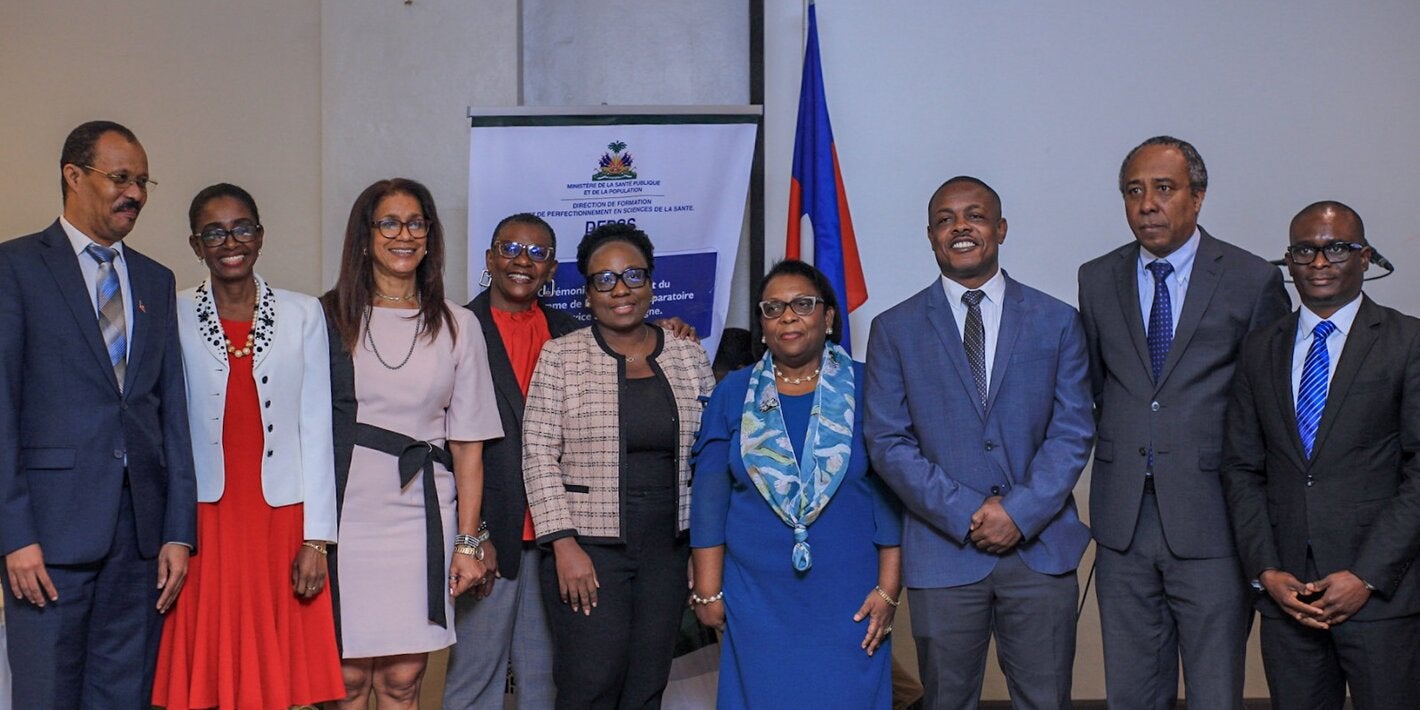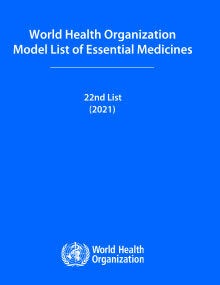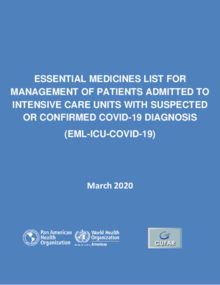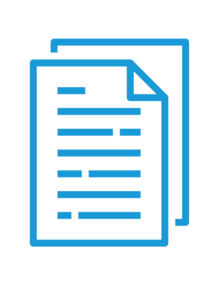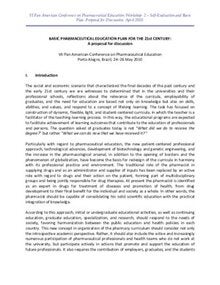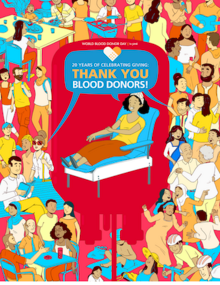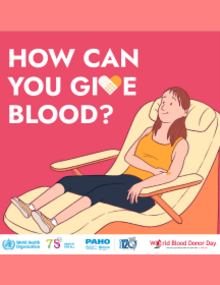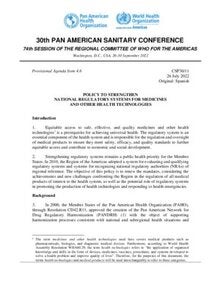The World Health Organization (WHO), in conjunction with the International Pharmaceutical Federation, has been analyzing for several years the role of Pharmacists in health systems, evidencing the need for curricula that meet their professional needs to carry out this function.
It has been recommended particularly to include not only knowledge but also attitudes and skills that an expert consultation summarized in seven attributes or stars, namely: care provider, decision maker, communicator, leader, manager, permanent learner and educator; adding more later an eighth star: researcher.
- Registration (marketing authorization) of medicinal pharmaceutical products on the American continent is heterogeneous
- In some countries, expert meetings are being held to discuss ways to include therapeutic equivalence study requirements in regulations. In this regard, there is a recognition of the importance of the BCS (and its extension to Class 1 and portions of Classes 2 and 3) as a complementary tool that will allow estimation of the therapeutic equivalence of many multisource products by in vitro methods
- It is of fundamental importance to sustain the criterion of using valid and reliable products of reference. Studies of safety and efficacy should be conducted, or, in the case of local manufacturers or imports from third countries, therapeutic equivalence with the original product should be demonstrated
- Established the Pan American Network for Drug Regulatory Harmonization (PANDRH)
- Urged member states to strengthen and evaluate their regulatory capabilities with respect to functions characteristic of a regulatory and oversight agency for medicines and biologicals
- Urged member states to promote the dissemination of information on the results and processes for the regulation and oversight of medicines, biologicals and other health technologies


